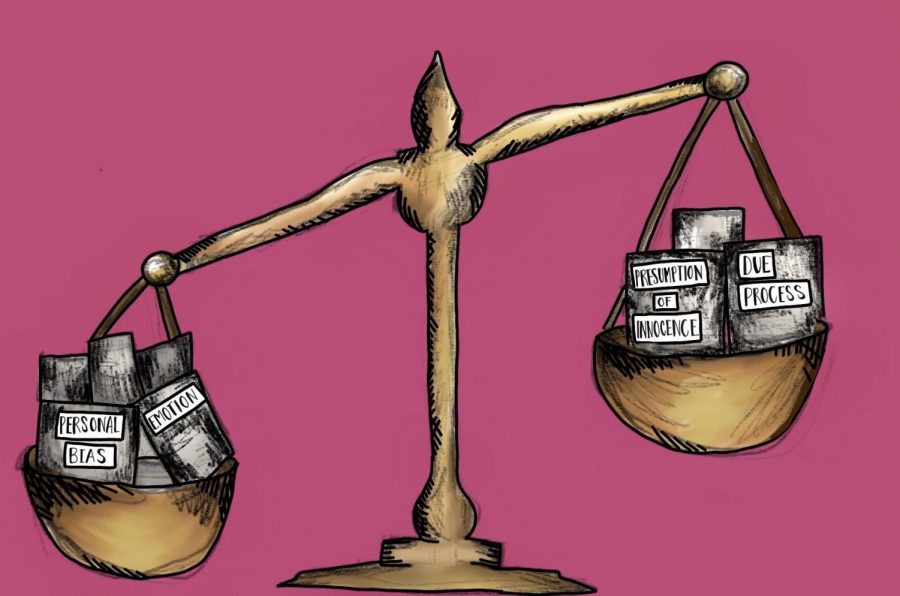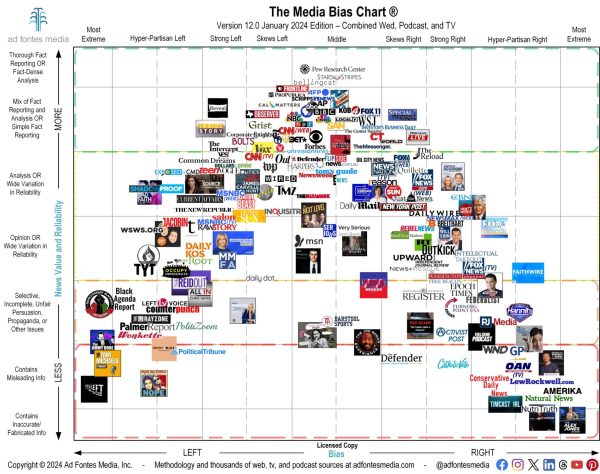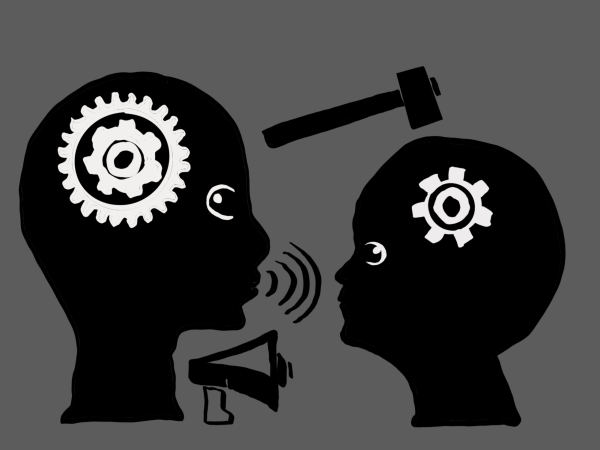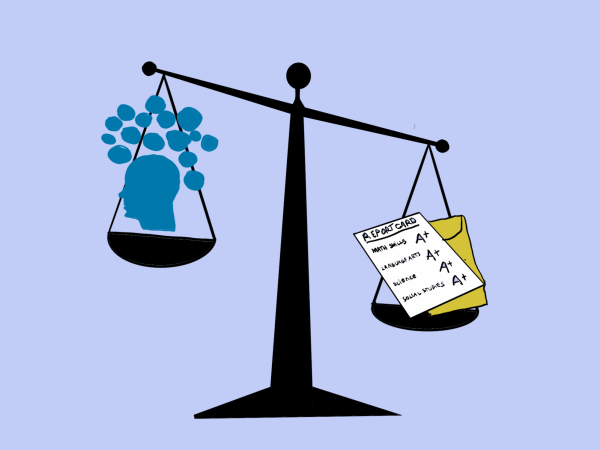Is “Innocent Until Proven Guilty” Really Still True?
Americans May be Losing One of Their Greatest Virtues: the Presumption of Innocence
The saying goes, “innocent until proven guilty,” but in the modern age, society seems to have nearly completely inverted it.
One of America’s greatest virtues is its legal system. All who enter the criminal justice systems are presumed innocent unless there is clearly demonstrated proof of wrongdoing. Any wrongdoing must be proven in a fair process that protects the rights of the accused. This cardinal value, the presumption of innocence, is slowly but surely falling out of vogue in the eyes of Americans, and nobody seems to care.
In 2018, Supreme Court Justice Brett Kavanaugh was questioned by the Senate Judiciary Committee after Senator Dianne Feinstein revealed she had received a letter written by Dr. Christine Blasey Ford alleging that Kavanaugh and another man had sexually assaulted her in the early 1980s. Once news of the accusation surfaced, many people rallied support for Ford and scolded others for their failure to blindly follow suit. They demanded Kavanaugh’s nomination be overturned before he ever got to tell his side of the story.
“I put his denial in the context of everything that I know about him in terms of how he approaches his cases,” Senator Marie Hirono said. Hirono referenced Kavanaugh’s judicial decisions, which she felt disfavored a women’s reproductive choice rights as one of “many indications of his own lack of credibility.” Because Hirono disagreed with Kavanaugh’s professional opinions, she was disinclined to believe he had not assaulted Ford. This is a dangerous view—if society conditions the presumption of innocence on the political, professional or personal views of the accused, any pretense of an impartial system or due process is abandoned.
Now, the Kavanaugh case is not a bullet-proof example. To say that Kavanaugh was presumed innocent, but the evidence presented by Ford was enough to overturn that presumption is a completely defensible position. Also, with a political case involving such a prominent individual and such serious accusations, the confirmation hearing was necessary. It is not the fact that the hearing happened, it is the fact that the popular attitude toward the trial possessed an ad hominem slant against Judge Kavanaugh. However, a situation when a judge is all but convicted in the court of public opinion based on an accusation without corroborating evidence shows how society may be beginning to weigh accusations more seriously than due process and the presumption of innocence.
In 1995, former Buffalo Bills quarterback OJ Simpson was acquitted of all charges for the double murder of his wife and her coworker. Many people refuted this verdict because they believed he killed the victims, even though his defendants proved him unlikely guilty. This is unfair, as he went through the lawful process and was acquitted of crimes. To reject the official verdict and cite one’s own opinions and second-hand investigative work as evidence is unproblematic when contained. But, when it becomes a justification for public humiliation and years of conspiracy around a person, there is no denying the popular ignorance of authority in favor of expediency.
The saying goes, “innocent until proven guilty,” but in the modern age, society seems to have nearly completely inverted it. There’s another saying too, though—“things change.”

Charlotte Clarke, class of 2021, is the Graphics Editor for The Rebellion. At Walpole High School, she runs cross country and track and is involved in...












